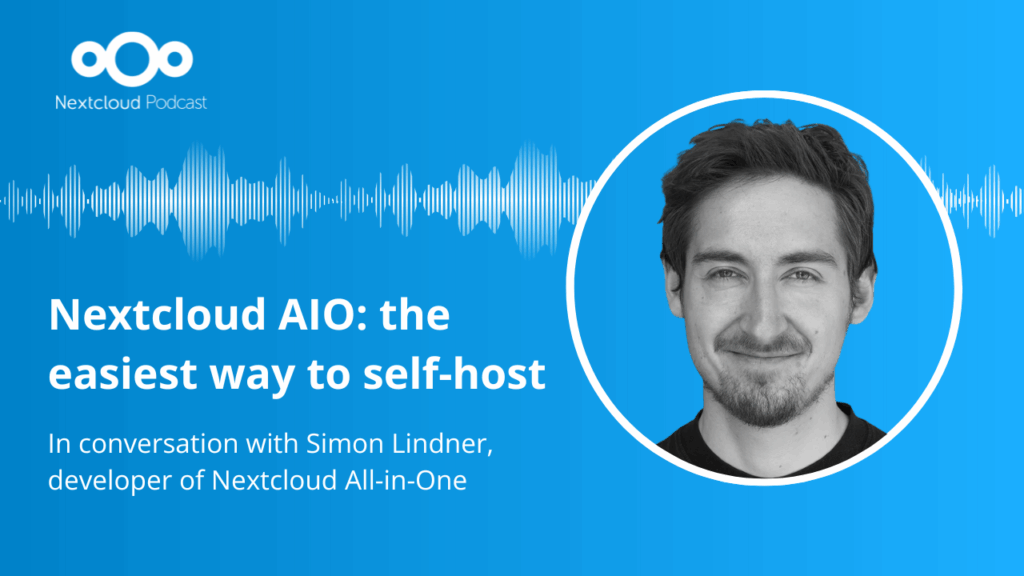Curiosity, cooking and code: In conversation with Christian Wolf
This episode of the Nextcloud Podcast is an exciting contributor story. And just in time before holidays, we are talking about cooking... and code. Meet Christian Wolf, a long-term Nextcloud contributor and maintainer of the famous Cookbook app! During his early coding days, Christian was trying to learn more about web applications. Seeking an app to sharpen his skills with, he came across the Cookbook app. Many years later, Christian is the main brain behind Cookbook, while the app is one of the most popular apps on Nextcloud App Store. Christian shares with us how he got into coding and open source, his work on the Cookbook app and his vision for its future, and tips for people who want to start developing for Nextcloud.
Read More



